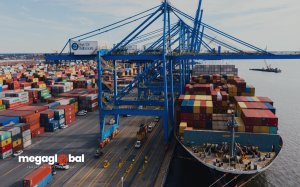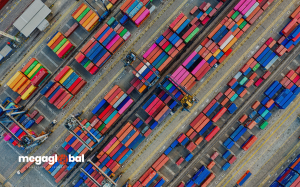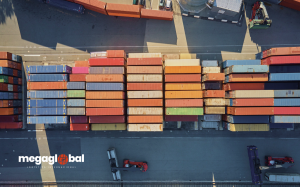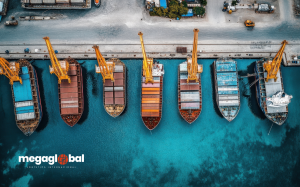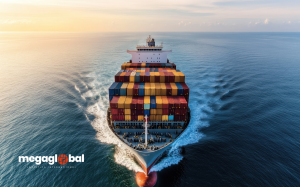Avoid fines and holdups with simple and effective steps
Complying with customs regulations is a critical part of any international trade operation. Still, many companies make mistakes that might seem minor at first glance but directly impact costs, delivery times, and reputation. If you’re importing or exporting goods, knowing the most common customs errors—and how to avoid them—can keep your operations smooth and more cost-effective.
1. Not researching the customs rules of origin or destination
Each country has its own customs requirements. Assuming all procedures are the same everywhere is a common mistake. Overlooking specific needs such as licenses, health permits, or product restrictions can result in blocked or returned cargo.
– What to do: Before finalizing any deal, research the customs requirements of the countries involved. Keep in mind that some products need special documents, certifications, or approval from regulatory agencies.
2. Submitting incomplete or inaccurate documents
One of the most frequent issues is sending invoices with errors, inconsistent packing lists, or outdated information. These small issues often trigger delays, inspections, or additional controls.
– What to do: Take a moment to review all documents before submission. Make sure your team reviews Incoterms, declared values, product descriptions, and accurate weights and dimensions.
3. Using the wrong tariff classification
Tariff codes determine the duties to be paid and the regulations your shipment must meet. An incorrect classification can result in overpayments, penalties, or even legal consequences.
– What to do: Make sure each product has the correct tariff code. Consult official databases or professionals, especially when dealing with new products or complex items.
4. Declaring incorrect product value
This is one of the most sensitive issues for customs authorities. Whether accidental or intentional, incorrect value declarations lead to audits, investigations, or cargo seizures. They also affect tax and duty calculations.
– What to do: Set clear internal rules for product valuation and always use supporting documentation (invoices, contracts, trade terms). The declared value should reflect the real value of the transaction.
5. Being unprepared for inspections
Many companies underestimate the chance of being inspected. Not having the proper documents or processes in place can lead to delays and storage fees.
– What to do: Build an internal inspection checklist. Keep everything organized and well-documented. Being ready can save you time and show professionalism to the authorities.
Why fixing these mistakes matters?
Because every mistake costs you—money, time, or reputation. The companies that operate smoothly in global markets are the ones that understand compliance is not optional—it’s strategic.
When you avoid recurring errors, you reduce hidden costs, gain better visibility over your supply chain, and focus on expanding into new markets.
If you’re involved in import or export, take time to review your customs procedures. Fixing mistakes early on can make the difference between a profitable operation and an unexpectedly expensive one.
#CustomsCompliance #InternationalLogistics #ForeignTrade #ExportOperations #ImportOperations #CustomsDocumentation #TariffClassification #DeclaredValue #CustomsMistakes #Megaglobal #Blog #InternationalLogistics #CargoTransport #MaritimeTransport #AirTransport #LandTransport #CustomsManagement


